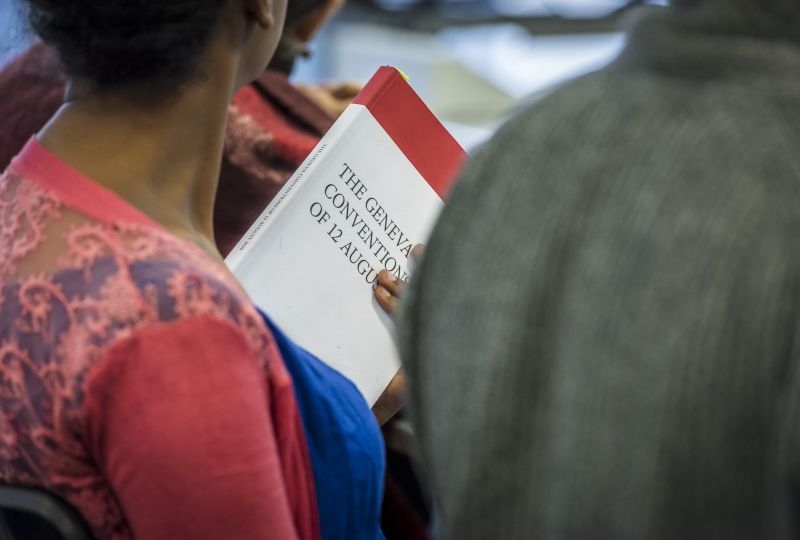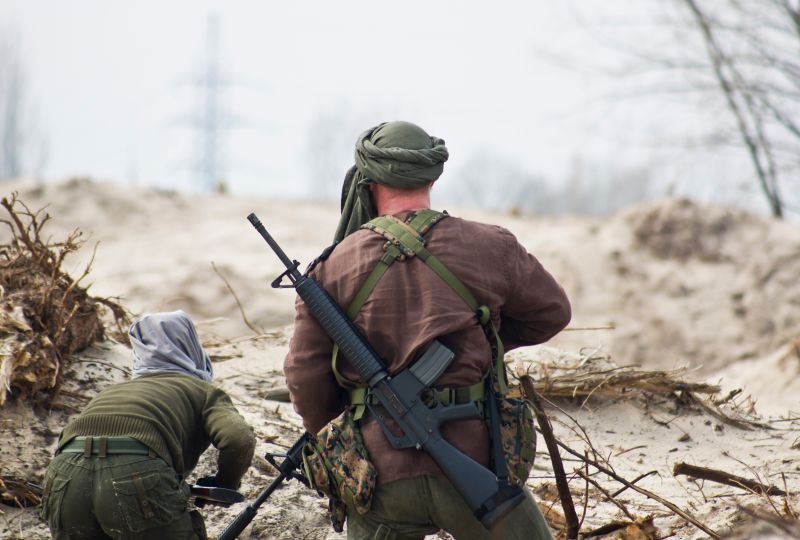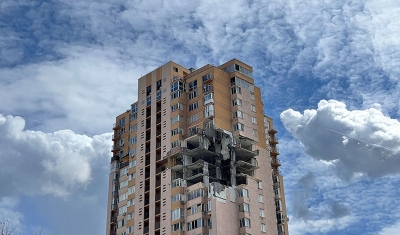The programme is fully online and part-time. Courses take place over nine months (end of September to the beginning of June), weekdays at lunchtime (12:00 –14:00 CET). When participants cannot follow a course for professional reasons (e.g. missions, travel, conferences), they can watch the recordings afterwards as all the courses are recorded.
We also run tutorials and methodology sessions to support participants in their learning, allowing them to go over key concepts, grasp potentially challenging issues and prepare for the exams.
An online platform allows participants to interact directly with professors, teaching assistants and other participants during classes and access all the course materials and readings as well as submit their exams.
Exams take place online at the end of classes (June-July) with retakes in August-September.
One output of the Executive Master is a master’s paper written under the guidance of a faculty member that allows participants to investigate a subject of special interest and deepen expertise through research as well as potential exchanges with experts, scholars and practitioners. Participants have six months to submit their master’s paper following the successful passing of exams.
‘I particularly enjoy when we work in groups as this allows me to interact with other participants and debate specific cases. In addition, understanding the interplay of public international law, IHL, IHRL, and international criminal law is fascinating and expands my understanding of the legal frameworks applying to armed conflicts.
Giada Rubino, Human Rights Associate at the Office of the United Nations High Commissioner for Human Rights (OHCHR) in Colombia









